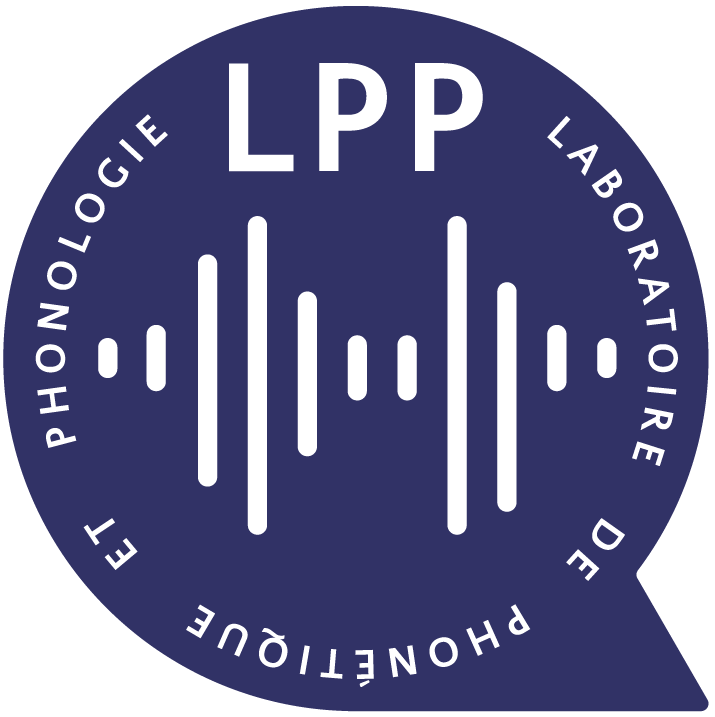Chers membres du Labex,
Nous accueillons à partir du 25 avril 2017 le professeur Douglas H.Whalen du Graduate Center, CUNY (USA), lauréat de la chaire internationale EFL 2017.
Il donnera une série de quatre séminaires sur le thème « The uses of Phonetic Variability » à l’ILPGA – 19 rue des Bernardins – 75005 Paris – Salle Brunot.
Le Professeur Douglas Whalen donnera son premier séminaire le mardi 25 avril de 16h à 18h.
Abstract :
Lecture 1 – Doug Whalen I : Categories Are the Variability
Charles Darwin demonstrated years ago that species are not obscured by variability, they are the variability. That is, it is only the features of the population and their ability to procreate that defines a category, not ideal features. Our efforts in phonetics to define categories have made us either suppress variability (relying only on mean values ; assuming automatic vocal tract normalization ; measuring only ideal productions) or to treat individual items as the entire system (early connectionist work). We propose instead to take the variability as defining the system in multiple dimensions, allowing for each token to contribute to meaning differences instantiated in many speakers and environments.
Le deuxième séminaire du professeur Douglas Whalen aura lieu le mardi 02 mai de 16h à 18h à l’ILPGA.
Abstract :
Lecture 2 : Doug Whalen II : Variability in a Dynamical Systems Phonetics
Variability can be measured in many ways, and it can have many causes. One of the most intriguing, if complicating, causes for variability is heightened control, even though lowered control can have the same apparent effect. When the limits of a system have been met yet the actor wants even finer distinction, greater variability can occur. Recent tools from dynamical systems theory can help sort out the causes of the patterns we see in speech. One example we will study in detail is the hypothesis that stuttering is often a result of excess control, leading to overt variability or, conversely, an unusual lack of variability.
Le troisième séminaire du Professeur Douglas Whalen se déroulera le mardi 09 mai 2017 de 16h à 18h à l’ILPGA.
Abstract :
Lecture 3 : Doug Whalen III : Acquiring the Variability
At least since the time of William James, the infant’s perceptual world has been held to be a “blooming buzzing confusion.” The ability to learn a language in the midst of this confusion is held to be only slightly less miraculous than birth itself. The infant, however, must be predisposed to handle variability. She reacts to verbal stimuli with her own tiny vocal tract, imitating formant patterns in her own way, given that she cannot attain the patterns adults make. It is argued that without variability, learning would be impossible, as the range of expressions would not include the range that the infant could make.
Le dernier séminaire du professeur Douglas Whalen aura lieu le mardi 16 mai de 16h à 18h à l’ILPGA.
Abstract :
Lecture 4 : Doug Whalen IV : Relying on the Variability
The ability to adapt to changing circumstances is necessary for survival. Even within the domain of language, this can be seen. Those who cannot vary their speech routines can fall into habits that degrade the very speech patterns that the inflexible systems would seem to support. Examples come from the previously mentioned stuttering research as well as from dysarthrias, particularly Parkinson disease. The ability to adapt to changing circumstances depends on the ability to use variability rather than avoid it.
Voir en ligne : Sur le site du LABEX EFL


